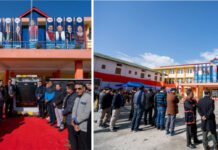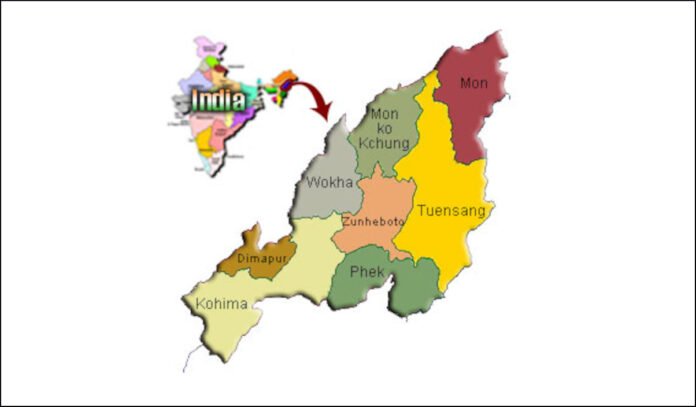A wave of discontent is rising among teachers recruited under the Rashtriya Madhyamik Shiksha Abhiyan (RMSA) 2016 batch in Nagaland, as they press for equal pay with colleagues from earlier batches. The issue has gained momentum in recent days after several organisations came forward to support the teachers’ demand, calling the existing pay gap discriminatory and unjustified.
The RMSA scheme, launched nationally to improve secondary education, has recruited teachers across Nagaland in multiple phases. However, those appointed in the 2016 batch allege that their salaries are significantly lower than peers recruited earlier, even though their qualifications, responsibilities, and workload remain the same.
Teacher representatives argue that the situation amounts to unequal treatment within the same cadre. “We perform identical duties, teach the same subjects, and work under the same conditions, yet we are paid less. This disparity has to end,” a spokesperson for the 2016 batch teachers said.
Support has come from student bodies, civil society groups, and even some senior educators, who believe that failure to address the issue could demoralise a key segment of the teaching workforce. Organisations backing the teachers have warned that the disparity risks undermining the state’s education system by discouraging qualified candidates from joining or staying in the profession.
The teachers have submitted memoranda to the state government and held discussions with the Department of School Education, seeking an immediate revision of their pay structure. They insist that parity must be ensured in line with national norms, which generally avoid pay differences for teachers recruited under the same scheme.
Officials from the education department have acknowledged the grievances but say the matter requires careful examination of financial implications and approval at higher levels of government. They have promised to hold further consultations to find a resolution.
Meanwhile, teachers have hinted that if their demands are not addressed soon, they may intensify their agitation. “We are committed to teaching, but we also deserve fair treatment. If necessary, we will explore stronger forms of protest,” one teacher remarked.
The issue has sparked broader debate on how contractual and scheme-based teachers are treated across the country, with many pointing to chronic disparities between different batches and states. Experts argue that such inequalities not only demotivate staff but also compromise educational outcomes, as teachers distracted by financial stress cannot give their best to students.
For now, the RMSA 2016 teachers are rallying under the banner of fairness and parity, with growing public support behind them. The state government faces pressure to act quickly, both to protect morale in schools and to prevent further disruption in the education sector.

























